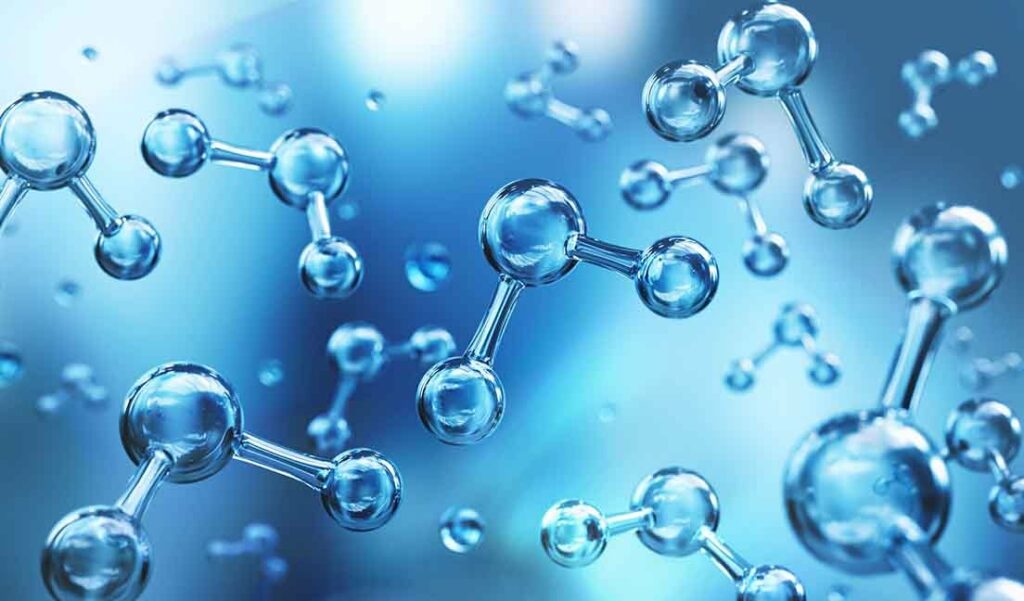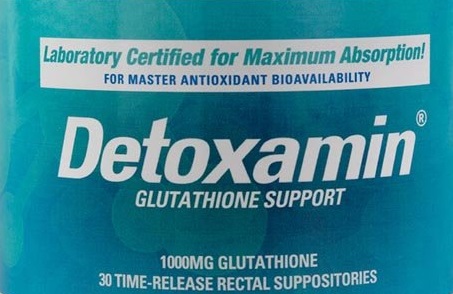Reacts to peptone and prevents protein synthesis. May destroy capsids, a kind of Velcro that allows viruses to bind to cells it attacks. Works on malaria parasites. Works on Giardia Lamblia and Cryptosporidium. Most parasites have an acidic metabolism and are therefore susceptible to CD’s oxidation selectivity. CDI’s reactions take place in two stages. During the first stage, chlorite forms (accepting an electron). During the second, the dioxide forms chloride (accepting 4 electrons). With the presence of traces of chlorate (an oxidizing agent), it would dissociate into sodium chlorite, common table salt.
+501-672-3536







